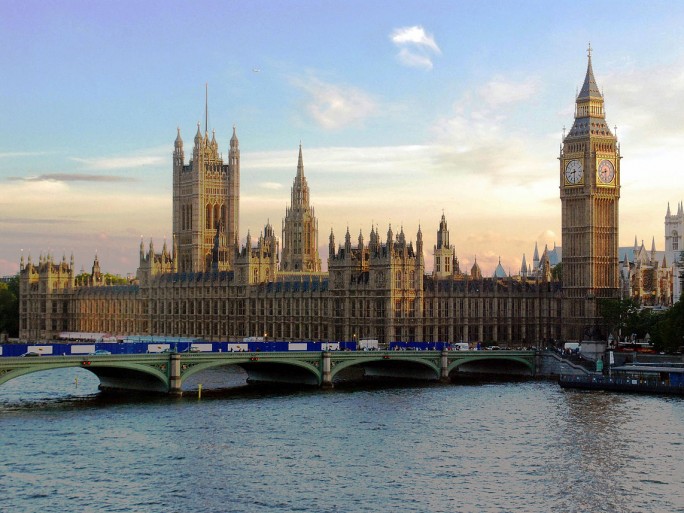Digital Economy Bill Has First Reading In Parliament

Digital Economy Bill promises 10Mbps broadband for all, reformed planning laws for networks and consumer protections
A new Digital Economy Bill has had its first reading in the House of Commons, outlining government plans to deliver a universal service obligation (USO) for 10Mbps broadband, a reformed electronic communications code (ECC), new data sharing rules and greater consumer protection.
Under the proposed USO, every home and business will be able to demand the right to a minimum speed. Ofcom is already working on the design of the legislation, which can be increased over time as demands rise.
Superfast broadband coverage is expected to reach 95 percent by 2017 thanks to commercial and government-backed rollouts. It is hoped that other measures will increase that further, but some of the UK’s hardest to reach areas are seen as economically unviable.
Digital Economy Bill
 The USO differs from previous government initiatives like Broadband Delivery UK (BDUK), which is supply-led. BT has indicated a willingness to help deliver the USO using long range VDSL over copper connections, while satellite and fixed wireless technologies will also be likely candidates.
The USO differs from previous government initiatives like Broadband Delivery UK (BDUK), which is supply-led. BT has indicated a willingness to help deliver the USO using long range VDSL over copper connections, while satellite and fixed wireless technologies will also be likely candidates.
Changes to the ECC will give network operators greater access to land and street furniture, something they say will afford them the same rights as utilities companies and result in better fixed and mobile broadband services.
The government also plans to give communications customers the right to demand compensation if they don’t receive what they are promised, and wants to dish out tougher penalties for nuisance calls as well as custodial sentences for online copyright infringement. Also promised is age verification for pornography websites.
The bill was detailed in the Queen’s Speech earlier this year and will be debated in Parliament during its second reading later this year. If all goes to plan, it will move to the House of Lords in the autumn and come into effect in 2017.
“We want the UK to be a place where technology ceaselessly transforms the economy, society and government,” said Ed Vaizey, minister for the digital economy. “The UK has always been at the forefront of technological change, and the measures in the Digital Economy Bill provide the necessary framework to make sure we remain world leaders.”
A separate Modern Transport Bill has outlined plans for the UK’s first framework for driverless cars, which it is claimed will help reduce congestion on Britain’s roads. A major trial of the technology is due to take place in Greenwich later this year